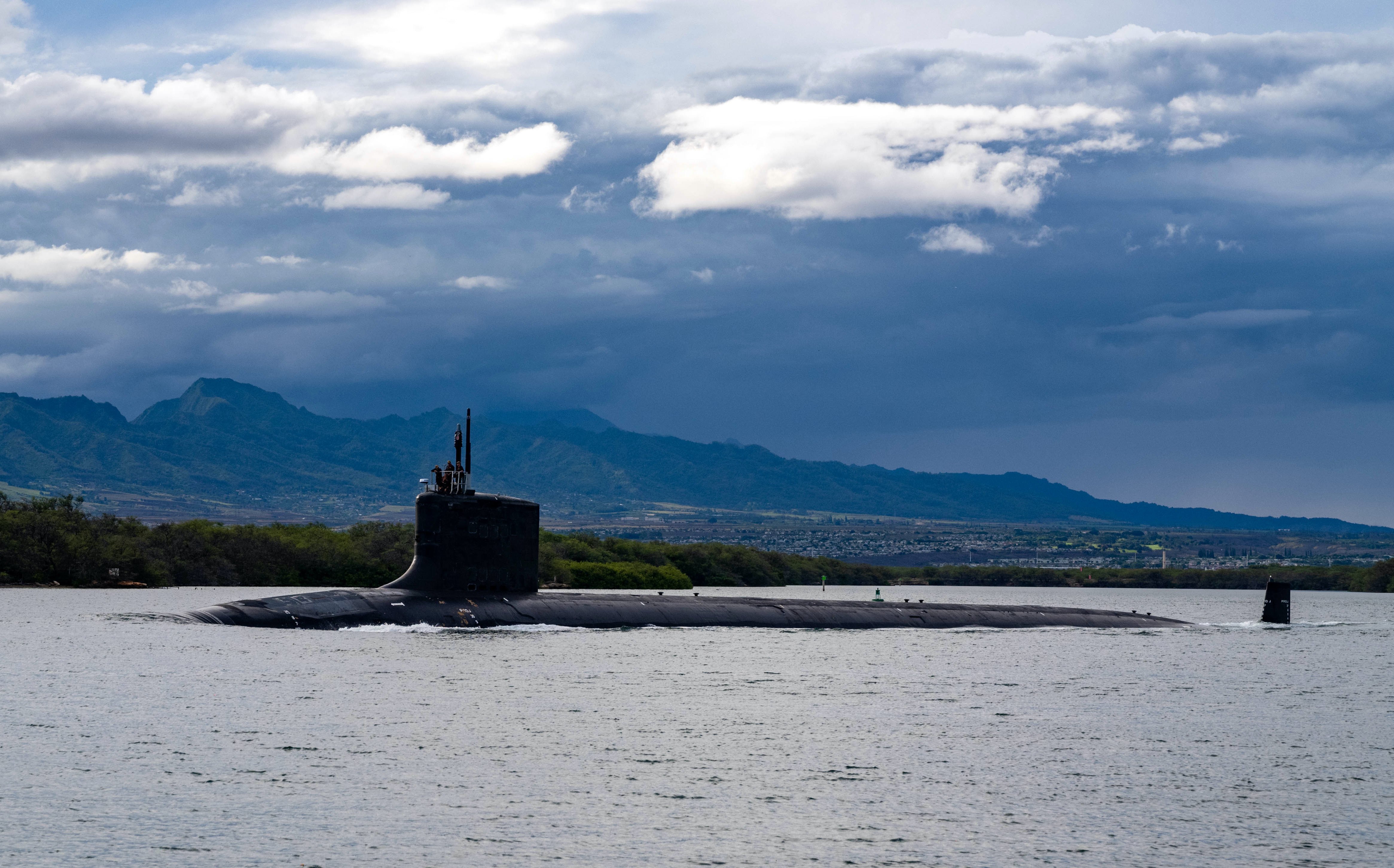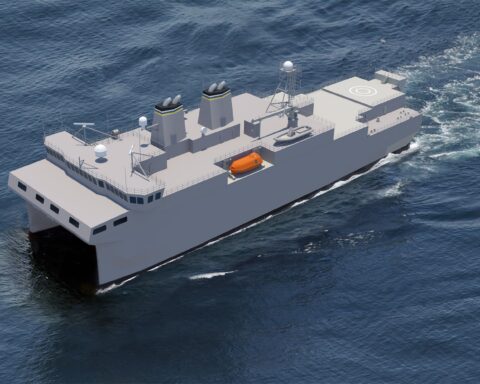The following is the March 22, 2023, Congressional Research Service report, Iran: Background and U.S. Policy.
From the report
Congress has played a key role in shaping U.S. policy toward Iran, providing for extensive U.S. sanctions, providing aid and authorizing arms sales to partners threatened by Iran, seeking to influence negotiations over Iran’s nuclear program, and enacting legislation that allows Congress to review related agreements. In addition to Iran’s nuclear program, its government’s support for armed proxies and terrorist groups, its human rights violations, and its increasingly close relationships with Russia and China have all posed challenges for the United States.
2022 Political Protests. The September 2022 death of 22-year-old Mahsa Amini, who was arrested by Iran’s Morality Police for allegedly violating Iran’s mandatory hijab (or head covering) law and died after reportedly having been beaten in custody, sparked nationwide unrest. The regime has cracked down violently against protesters, killing hundreds. The protests appear to have subsided in 2023 but could resurge as the grievances underlying them remain unresolved. The Biden Administration sanctioned a number of Iranian officials in response to the protests and issued a general license aimed at expanding secure internet access for Iranians.
Iran’s Military. U.S. officials have expressed long-standing concern with the activities of Iran’s Islamic Revolutionary Guard Corps (IRGC), which provides arms, training, and support to a network of regional proxies and armed groups. In addition to IRGC support to U.S. adversaries in the Middle East, Iran maintains what U.S. officials describe as “the largest inventory of ballistic missiles in the region.” Iran also maintains an arsenal of unmanned aerial vehicles (UAVs, or drones).
Iran’s Foreign Policy. According to the 2023 Annual Threat Assessment of the U.S. Intelligence Community, Iran’s government seeks to erode U.S. influence in the Middle East while projecting power in neighboring states. Iran-backed militia forces in Iraq and Syria have carried out rocket, drone, and improvised explosive device (IED) attacks against U.S. and allied forces. Iran has provided thousands of rockets and short-range missiles to Lebanese Hezbollah, which the group has used in armed conflicts with Israel. Iran has provided Houthi militants in Yemen with ballistic and cruise missiles, as well as UAVs, that have enabled the Houthis to target Saudi Arabia and the United Arab Emirates. Iran also has sought to strengthen its economic and military ties with China and Russia—for example, by exporting drones to bolster Russian military operations in Ukraine. Iran’s March 2023 agreement to reestablish ties with Saudi Arabia, which was brokered by China, also has implications for U.S. interests.
Iran’s Nuclear Program. U.S. policymakers have long signaled concern that Tehran might seek to develop nuclear weapons, though Iranian leaders deny such ambitions. The 2015 Joint Comprehensive Plan of Action (JCPOA) imposed restraints on Iran’s nuclear program in exchange for relief from most U.S. and UN Security Council economic sanctions. In 2018, the Trump Administration withdrew the United States from the JCPOA. Since the reimposition of U.S. sanctions in 2018 and resulting economic pressure, Iran has decreased its compliance with the nuclear commitments of the JCPOA. As of March 2023, indirect talks with Iran’s government to revive the JCPOA appear to be stalled.
Issues for Congress. In recent years, congressional action on Iran has focused on sanctions and the JCPOA.
- Sanctions. Since 1979, successive U.S. Administrations have imposed economic sanctions in an effort to change Iran’s behavior, often at the direction of Congress. The United States has imposed sanctions on Iran’s energy sector, arms and weapons-related technology transfers, financial sector, and various non-oil industries and sectors. Sanctions appear to have had a mixed impact on Iranian behavior.
- Oversight of Nuclear Talks. In 2015, Congress enacted the Iran Nuclear Agreement Review Act (INARA, P.L. 114-17), which mandates congressional review of related agreements and provides for consideration of legislation to potentially block their implementation. Some in Congress who have opposed Biden Administration efforts to revive the JCPOA have indicated that they might use INARA to block or at least complicate a potential future agreement.
Outlook. Successive U.S. Administrations have used varying policy tools, including comprehensive sanctions, limited military action, and diplomatic engagement with leaders in Iran and other countries to counter perceived Iranian threats to U.S. interests. As of 2023, the Iranian government retains considerable influence in the Middle East region, is developing new ties to Russia and China, and remains able to challenge U.S. interests in the region and beyond. In this context, Members of Congress may consider questions related to U.S. and Iranian policy goals, the stability of Iran’s government, and efforts to counter Iran’s regional influence and deter its nuclear development activities.
Download the report here.





